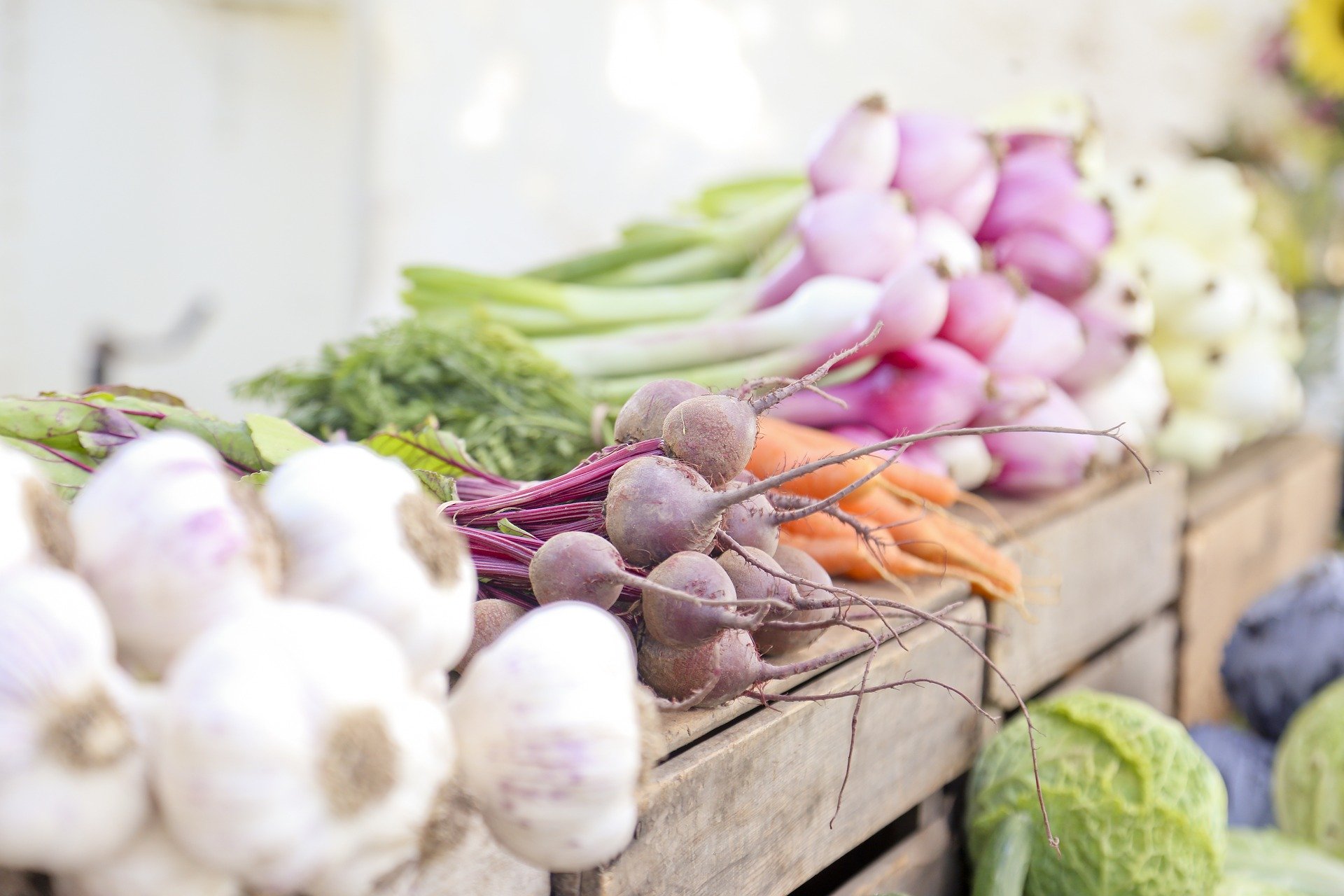- Blog
- Food & Agriculture
- Healthy, Climate-Friendly Food
- Three ways to support a resilient and just food system during the COVID-19 pandemic
Three ways to support a resilient and just food system during the COVID-19 pandemic
by Paolo Mutia, food and agriculture campaign associate

Donate Now!
Your contribution will benefit Friends of the Earth.
Stay Informed
Thanks for your interest in Friends of the Earth. You can find information about us and get in touch the following ways:
As the COVID-19 pandemic sweeps across the globe, it has exposed and exacerbated how the corporate, industrialized food system is harming people and our planet. Family farmers across the country, many already on the brink, have lost markets and are struggling to survive. Simultaneously, food workers, from farmworkers to slaughterhouse workers and grocery workers are on the frontlines of this crisis, facing huge risks to their health with little to no protection. And as unemployment skyrockets, more Americans than ever lack access to nutritious food.
It’s clear that supporting a healthy, sustainable and just food system is crucial to overcoming this crisis and building a better future for all of us.
That’s why the next stimulus bill must support the farmers who need it most: small family farmers, organic farmers and producers of color who usually supply restaurants, foodservice companies and other buyers whose demand has dropped off dramatically during the pandemic. It must also protect and support food workers who are among the most vulnerable to COVID-19 and help ensure that the growing numbers of people reliant on food assistance, and all of us, have access to healthy, fresh food.
The last coronavirus aid package included $23 billion for agriculture, which predominantly is going to the largest industrial farms, and it could happen again. Friends of the Earth is fighting to ensure the next stimulus bill doesn’t bail out Big Ag, but instead supports and protects family farmers, frontline food workers and others who need it the most.
Here are three ways you can help support a resilient and regenerative local food system that can strengthen our communities’ health, our local economies and our environment:
1. Sign up for a CSA membership
Purchasing a Community Supported Agriculture (CSA) share is a great way to access fresh, healthy, often organic, foods while supporting local small farmers that the Trump administration is leaving behind. Many farmers are adapting to the current crisis with more direct distribution models, from classic CSAs to custom-built boxes, no-contact drive-thru pickups, deliveries, and more.
By signing up for a CSA you can avoid going to a busy supermarket, and your share can be picked up or delivered. You can find your local CSA here.
It’s clear that supporting a healthy, sustainable and just food system is crucial to overcoming this crisis and building a better future for all of us.
2. Shop at a local farmers’ market
Farmers markets serve as a direct channel to sustainable, healthy, locally sourced fresh fruits and vegetables and other food staples within your community. Many farmers markets remain open as an essential service during the crisis, thanks to the efforts of local farmers and their allies.
Many farmers markets are instituting strict rules to keep customers safe. Coupled with a shorter supply chain than most supermarkets, farmers markets are a safe choice for meeting your family’s food needs during this crisis. Double-Up Food Bucks and other programs under GusNIP, which doubles the value of federal nutrition (SNAP) benefits, are also still being accepted for purchasing fresh produce at participating farmers markets, CSAs, and grocery stores. Here are some tips to help you plan your trip to any farmers’ market and safely shop!
3. Tell Congress to support family farmers, food workers and healthy, sustainable food for all
Amid the terrible impacts of the coronavirus pandemic, it’s clearer than ever that we need to move towards a regenerative, resilient and just food system. Building strong and equitable local food economies make our food system more resilient to shocks and crises.
For those of us with the ability, we can make daily choices about where we shop. But what is truly needed is a shift in the public policies to make it easier to grow and access healthy, sustainable and local foods. For too long, our policies have led to increased corporate consolidation that has devastated farmer livelihoods and harmed food workers and rural communities. In the US, farm bankruptcies were up 12% last year, and farm debt is at an all-time high.
As farmers face the new crisis of the pandemic, we must come together to demand that federal stimulus funding and future farm policies support small and mid-scale farmers across the country who are supporting resilient and regenerative local and regional food systems.
Congress must ensure that fruit and vegetable farmers have the support they need to keep producing healthy food instead of subsidizing unhealthy factory-farmed meat and processed foods. At a time when our healthcare system is in crisis, it is more important than ever that Americans have access to healthy food. People with diet-related conditions like heart disease and diabetes are at greater risk of COVID-19 complications.
The next stimulus package must also do better for food workers and families in need. Farmworkers and other food chain workers, already some of the lowest paid and least protected workers, are also on the frontlines of this pandemic — and are incredibly vulnerable to COVID-19. Congress and the administration must ensure safe working conditions and a family-supporting livable wage. And families across the country need assistance to ensure they can continue accessing and purchasing healthy foods.
With your help, we can support and protect some of the most essential heroes of this crisis — farmers and food workers — while ensuring a resilient, regenerative, healthy and equitable food system for all of us.
